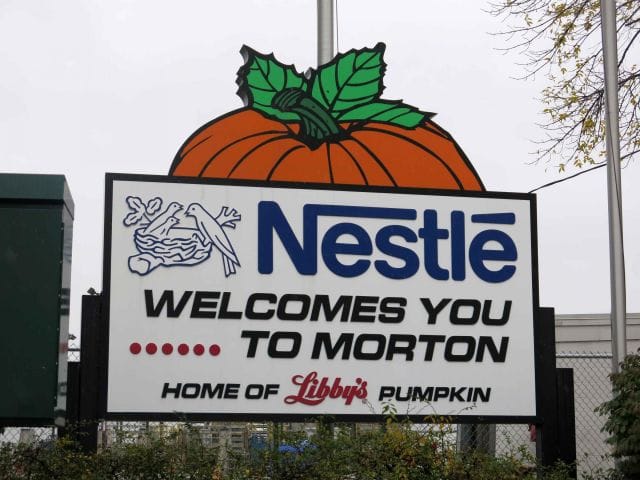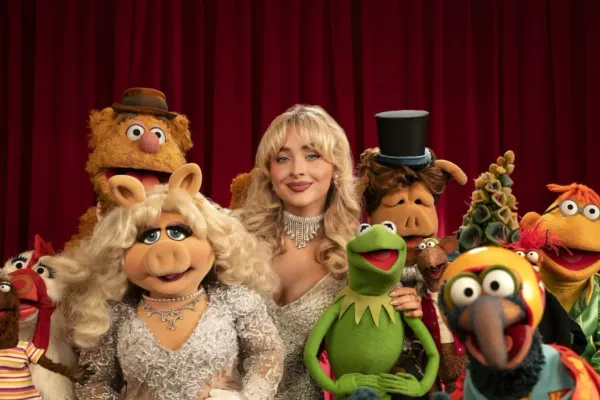Episodes: Libby's kitchen

One of the delights of moving (if moving can be said to have delights) is the part where you find all of the stuff you had and sort of forgot about. By that I don't mean that you unearth buried treasure or anything like that, but that you may have things that you look at, every day, without quite realizing what they are. They become a part of your environment, and it's easy to scan over them, until you need to pick them up and reconsider their worth and put them in a box for safe travels.
Or maybe they prompt other thoughts.
Libby and I got married very young (as I think I've mentioned 500 times), both because that was what people did where we were from and because we knew we were going to get married eventually, so why not at 22? (When our marriage sprung a leak around 27, we realized, "Oh, that's why not at 22.") But this meant that we didn't always know what we needed or wanted. We prepared for a big, Midwestern life, full of the things we'd had in our own childhoods, rather than the life we actually ended up leading.
But, as these things go, we found ourselves followed by some of the items we acquired at that wedding, which have moved with us from South Dakota to Wisconsin to several places in California. One of those items that's proved surprisingly durable is a big, broad canister, meant to hold kitchen utensils in one easy to grasp place. When you need a wooden spoon or a spatula, there's one right there, hanging out of the canister's top. It's one of those handy things that you simply don't think about after you open the package containing it and say your thank yous, because it serves its purpose (holding things) so well as to be invisible.
As we've moved it this time, though, Libby pointed something out to me: On its side are painted, in lovely, flowing script, the words "Libby's Kitchen." "That's kind of sexist," she said, wrinkling her nose. Both of us do our fair share of cooking, and both of us enjoy it. We're also both pretty good at it, if I do say so. And I don't think the canister presumes that I won't be cooking, but it certainly does think of the kitchen as a place that Libby bears responsibility for, while it's exotic territory for me to visit, even though both our names are on the lease.
There is, I think, no better reminder we could have of the youth we still carry around with us than those words, painted on that canister. And it's also caused me to do a little inventory of my own assumptions about what Libby and I "should" be doing, some of which were quietly horrifying to me. If nothing else, taking another look at that canister gave me a moment's pause about all of the things I overlook when cataloging my own thoughts, because they've become part of the landscape.
None of us really does this enough. We have all of these baseline assumptions about how life works, and those baseline assumptions come into conflict with the baseline assumptions of others, and we never quite dig down deep enough to say, "Here's what we're really fighting about." Life is a constant interrogation of the self, but it's far easier to not do that than it is to actually think about what's not working.
We talked about painting over the words on the canister, or just having it face away from us into the corner, since its back is bare. The person who gave it to us gifted it with deep and abiding love, even if they didn't realize how its words might eventually twist into something else in our minds. So we'll leave it as is for now, because our rediscovery of it has taken it from visual white noise to something that reminds us of all of the places we've been and how much farther we have to go. We are not the same people who opened that package 12 years ago and thought nothing of the idea of the kitchen being Libby's domain. In another 12 years, we might think something completely different. But the canister will be the same, even as its meaning shifts, from all we imbue upon it.
--
Episodes is published daily, Monday through Friday, unless I don't feel like it. It is mostly about television, except when it's not. Suggest topics for future installments via email or on Twitter. Read more of my work at Vox Dot Com.




